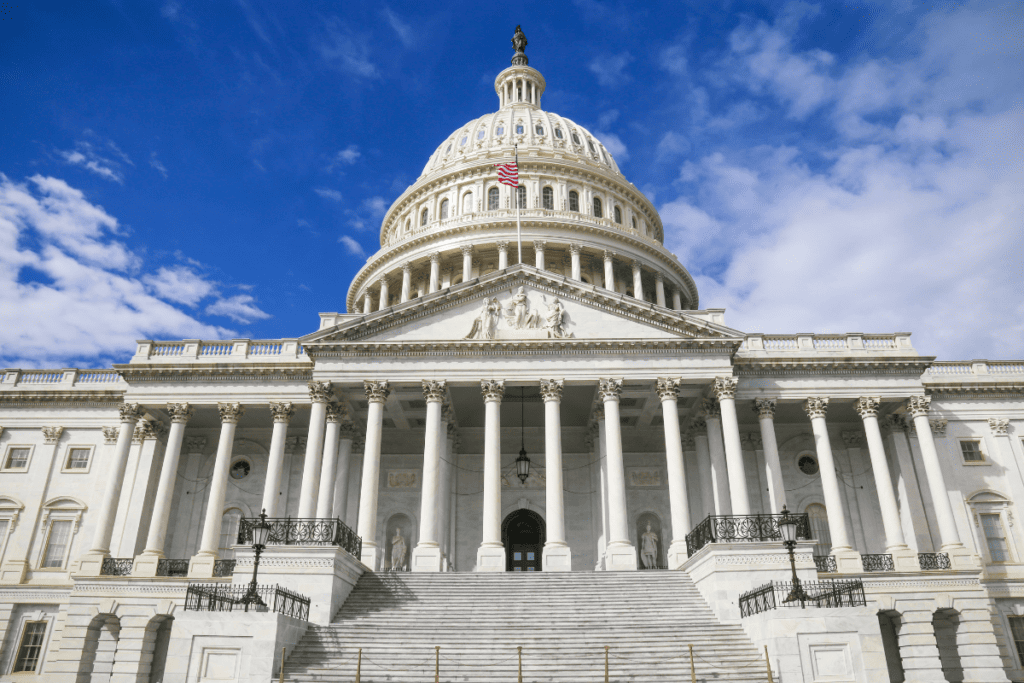This past Friday, the House of Representatives passed the CARES Act, and President Trump signed the bill into law. The law contains many tax law changes and much needed economic measures. Below are some of the key provisions in the Act.
We recognize that many the provisions below will not apply to your planning needs. However, we are providing this broader list in case you want to share this with a friend or family member that could benefit from one of these items. As always, we are available to work with you to determine what impact the Act has on you and your family.
Note that as with most tax legislation there are some exceptions and other nuances that aren’t covered here.
Tax Rebates
The Act provides a $1,200 refundable tax credit for individuals ($2,400 for joint taxpayers). Taxpayers with children receive $500 per child. The rebates are not taxable income as these are actually a credit against your 2020 tax liability. The IRS will use your 2018 tax return if you haven’t yet filed your 2019 return. The rebate phases out at adjusted gross income amounts of $75,000 for singles, $112,500 for heads of household, and $150,000 for joint returns. The credits will either be directly deposited or mailed to your home address, based on your most recent income tax return filed. If you exceeded this income limitation in 2018, but will be under it on your not-yet filed 2019 return, you will receive a credit on your 2020 tax return to reflect this.
Required Retirement Account Distributions
The Act eliminates for 2020 all Required Minimum Distributions (RMD’s) from IRA, 401(k) and other requirement accounts. Note that it still likely makes sense for many of you to take a distribution this year. It also likely makes sense to continue to make Qualified Charitable Distributions from your IRA.
IRA and 401(k) Rules
The Act includes several provisions to make it easier to access retirement plan assets penalty free. Additionally, the amount 401(k) participants can borrow from the plan has been made more liberal, including expanding the maximum loan from $50,000 to $100,000 with more favorable pay back terms.
Charitable Contributions
The Act now allows a $300 income tax deduction even if you don’t itemize for cash contributions to charity. Also, for the tax year 2020, the Act allows you to donate cash to charities in any amount ÛÒ limited only by your 2020 taxable income amount.
Educational/Student Assistance
The Act provides some relief for paying Federal Student Loans so taxpayers can immediately cease making payments to their loans, but you will need to do this manually. Voluntary payments are still allowed and therefore lenders will not stop automatic payments on their own. Also, a provision was added that allows an employer to pay down up to $5,250 of an employee’s student loan tax-free.
Small Businesses
The Act provides several tax and financing related initiatives to assist businesses with their cash flows and to help keep their employees. The Small Business Administration site contains new loan and grant information: www.sba.gov.
Unemployment and Short-time Compensation
Pandemic Unemployment will be available for people who otherwise wouldn’t be eligible, including small business owners. There will also be an elimination of waiting period, an extension of benefits, and an additional $600 per check for a period of time. Short-time compensation may be available if your hours/pay were cut but not eliminated. Each state will implement this provision and you should follow up with yours by going to their website or calling if this applies to you.
Income Tax Returns
The due date for filing and paying income taxes is now July 15th. However, determining when to file your taxes may take some consideration. For example, you may want to file now if you have a refund due, or if your 2019 income was lower than 2018 and may allow you to qualify for the stimulus check. Alternatively, you may want to delay if your 2019 income was higher than 2018 and your stimulus check can be based on 2018 instead.
If your tax circumstances have materially changed from 2018 to 2019, such as having a child or a large change in income, and you have not yet filed, you may want to give us a call to determine the best course of action. Keep in mind that any changes reflected on your 2019 return, even if it is not filed before the checks are issued, will be “squared away” on your 2020 tax return, meaning that you will receive an additional credit on your 2020 tax return if you did not receive the correct check amount.
We will continue to keep you apprised as we have more updates. If there is anything we can do for you or if you have any questions, please schedule a call with us.







